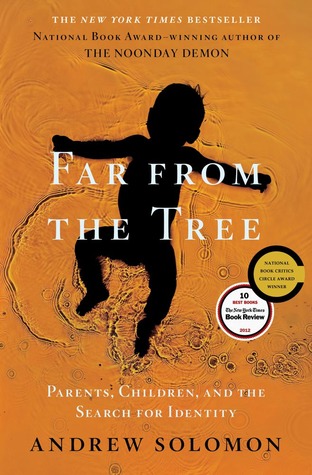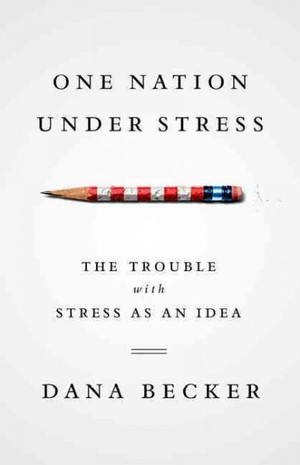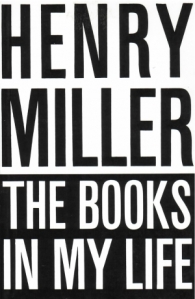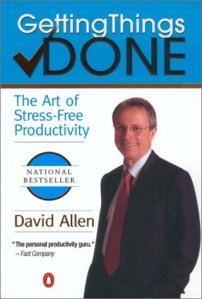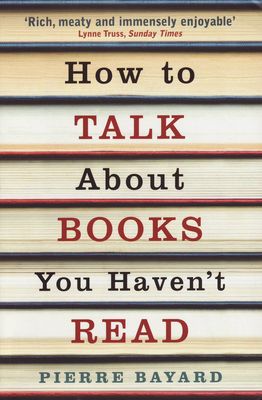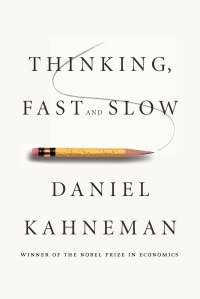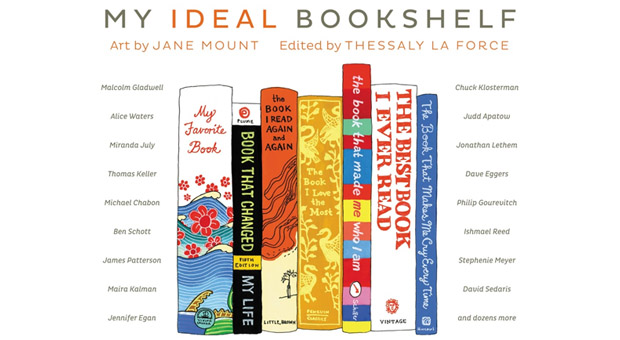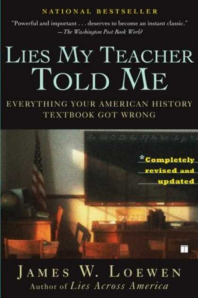“Fixing is the illness model; acceptance is the identity model; which way any family goes reflects their assumptions and resources.”
“Having always imagined myself in a fairly slim minority, I suddenly saw that I was in a vast company. Difference unites us. … The exceptional is ubiquitous; to be entirely typical is the rare and lonely state.”
“There is something ironic in prejudice against the disabled and their families, because their plight might befall anybody. Straight men are unlikely to wake up gay one morning, and white children don’t become black; but any of us could be disabled in an instant. People with disabilities make up the largest minority in America; they constitute 15 percent of the population, though only 15 percent of those were born with their disability and about a third are over sixty-five.”
“Some people are trapped by the belief that love comes in finite quantities, and that our kind of love exhausts the supply upon which they need to draw. I do not accept competitive models of love, only additive ones.”
***
Pair the book with Andrew Solomon’s incredible TED talk below.
Also, check out what Julia Fierro said about the book in this interview.
